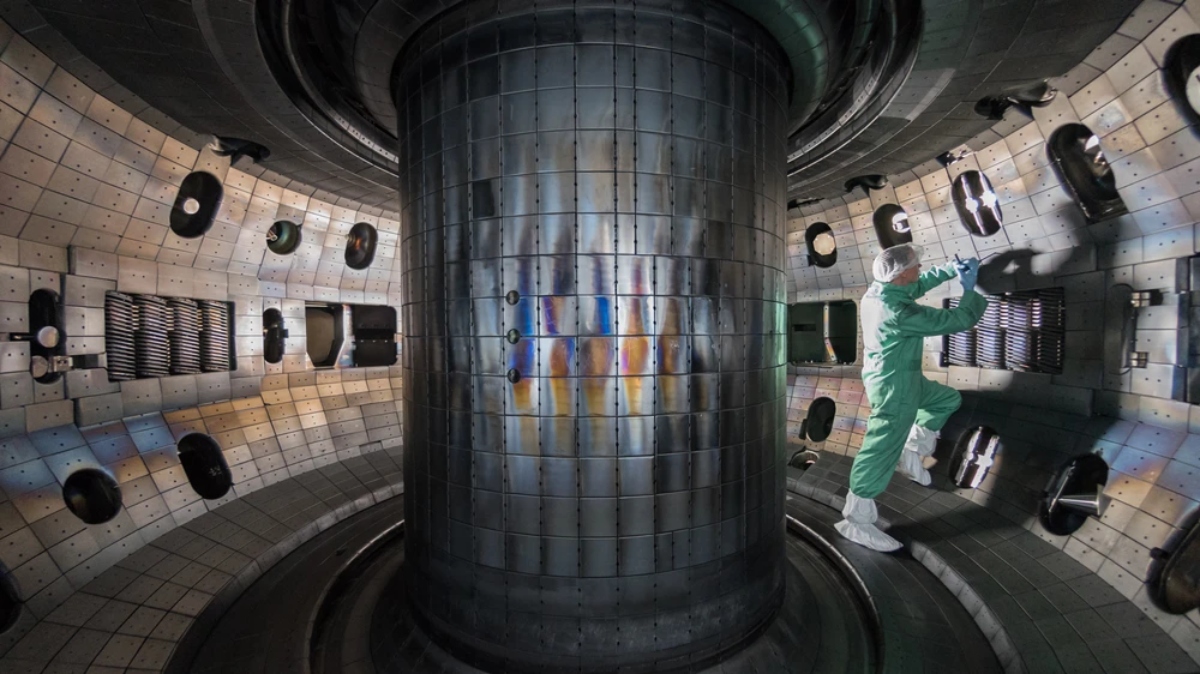The routine seems to be still latent in the 21st century and the idea of overemployment is still very strong in the aftermath of the pandemic. In any case, this concept has a philosophy that also underlies a critique of work. After the crisis generated by the coronavirus, the door was opened to multiemployment. Many people have a second or third job today, outside of the one that keeps us within the formalism of the system.
Working from home has resulted in many people carrying out multiple tasks, in some cases for the much-vaunted financial independence. To occupy several positions at the same time, for reaching certain achievements, is not something typical of this century, but it has been framed as a solution for burnout. The dual role, with two computers and two telephones, leads to an excess of work, but this has been pointed out as positive. Although it may be an experiment or, as has been pointed out by those who practice it as something “temporary”, the income it generates means that this double work is not abandoned.
Overemployment or multiemployment
In general, the “overemployed” lead this multiple working life in secret. Remote work, because of the Covid-19 pandemic, produced this possibility of doing various activities from our homes. Now, with the passage of time, this problem is beginning to come to light. Thousands of workers around the world have joined this trend of “resting” from overwork. Several social networks have the hashtag #overused so that users can share their experience.
For many, over-employment is a novelty, particularly as it is becoming deeper and deeper into communities and within families. Everything seems to indicate that the “overemployed”, at first glance, find themselves resisting any reaction against the culture of adopting more and more work. At many points, they echo an old conversation about the disenchantment that corporations have been having about those jobs that monopolize workers. Particularly for taking away their rights, their time and even their identity.
A complex future
In the meeting between millennials and zoomers, also known as Generation Z, it was highlighted that they tend to have big problems in the traditional workplace. Many have seen their chances of getting ahead at work and even in their lives complicated. Currently, in the United States, there is inflation that concerns these groups along with a housing shortage that is high for their demand. The coming economic instability, according to some announcements, has led to a rethinking of labor issues.
Overemployment is extremely attractive to add an extra and stable income that is additional. Temporary work is no longer as satisfactory in terms of meeting needs as it was years ago. This work overlap does not aim at personal self-fulfillment or the creation of meaning at work. Professional ambitions are giving way to additional jobs, with other types of obligations in their roles.




